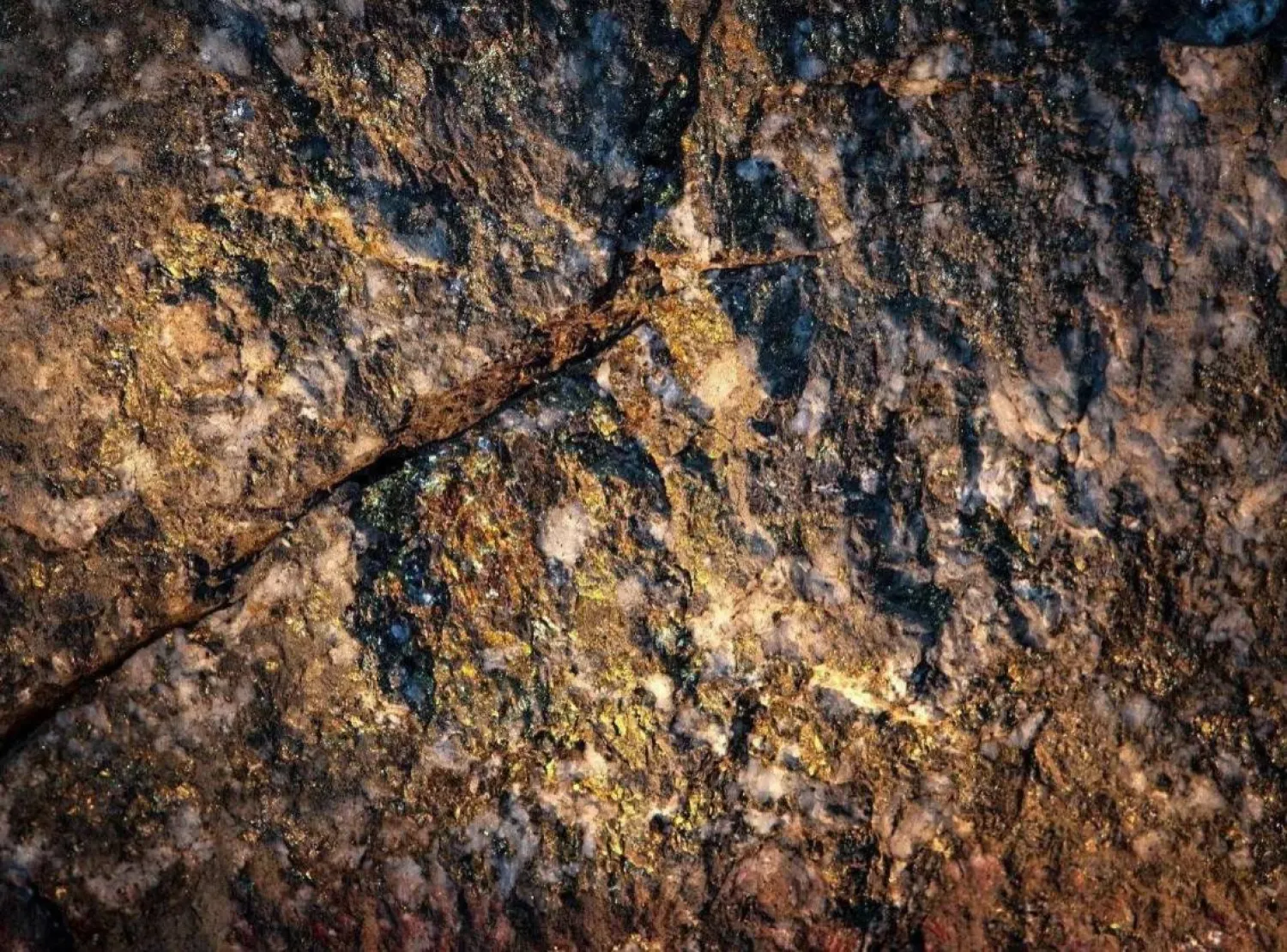The mining sector in Saudi Arabia has made remarkable strides since 1997, when the Kingdom first developed a strategy for the industry. However, the sector underwent a significant transformation with the introduction of Vision 2030, which aims to diversify the national economy.
Given the wealth of natural resources in Saudi Arabia’s mineral sector, efforts have been focused on expanding job opportunities while fostering an environment that encourages women's participation. In line with this vision, Saudi Arabia plans to establish its first dedicated Women in Mining Association.
Rana Zamai, Chair of the Women’s Empowerment Committee in Mining at the Ministry of Industry and Mineral Resources, revealed that the committee is currently laying the groundwork for the association. The new body will operate under the supervision of the ministry and in compliance with regulations set by the National Center for Non-Profit Sector Development.
In an interview with Asharq Al-Awsat, Zamai emphasized that the association will function as an independent, non-profit entity aimed at empowering Saudi women in the mining sector, enhancing their roles in decision-making, and creating a supportive and inclusive work environment.
The association’s focus will be on empowering women across the Kingdom, including those in remote areas near mining sites. By connecting women to private sector projects supported by the Ministry of Industry and Mineral Resources, the association aims to create sustainable income opportunities for women in these regions, she underlined.
Increasing awareness
Zamai explained that the new association will build on the work of the committee, but with greater authority and resources. This will include securing sponsorships and forging partnerships with both private and public sectors.
One of the committee’s primary initiatives is implementing an agreement signed between the ministry and the Women in Mining initiative in the UK.
Zamai emphasized that the new organization will play a crucial role in the Saudi mining sector's future. The committee also focuses on sustainability and creating new opportunities for women, encouraging them to share their experiences and raise awareness of the diverse roles available in the industry.
The mining sector is not limited to traditional extraction roles; it offers a wide variety of opportunities, supported by advancements in technology.
Zamai highlighted that the committee’s framework mirrors similar organizations in countries such as the UK, Australia, Central America, and South Africa. These international initiatives bring women together under a unified umbrella to share their successes and experiences in a relatively new and evolving industry.
She also noted that Saudi Arabia remains rich in untapped mineral resources, ready for discovery and development.
Committee structure and roles
The Women’s Empowerment Committee in Mining consists of six carefully selected members, each with expertise in various fields, including executive management, entrepreneurship in mining with private companies, human resource development, mining supervision, and regulatory systems to prevent violations at remote mining sites.
Reflecting the broader progress in women’s empowerment in Saudi Arabia, Zamai announced that the King Abdulaziz University’s Faculty of Earth Sciences in Jeddah has, for the first time, admitted 22 female students in 2024. This milestone represents a significant turning point for Saudi women in geology and mining, opening new career paths in a crucial industry.
Zamai stressed the importance of connecting theoretical knowledge with hands-on field experience. She emphasized the need for geology and mining engineering graduates to become familiar with the latest technologies, safety policies, and the social and cultural diversity of local communities.
Additionally, Zamai underlined the importance of collaboration between men and women to ensure progress and continuity in the mining sector.
Infrastructure development
In her role as Senior Director of Corporate Communication and Knowledge and Editor-in-Chief of Ardhona, the scientific journal of the Saudi Geological Survey (SGS), Zamai highlighted that the SGS is actively working on developing the infrastructure for the mining sector.
The SGS manages and maintains geological data, serving as a repository for all survey and exploration information.
She also pointed out that women are increasingly holding leadership roles in critical areas such as geological mapping, sample analysis, and cybersecurity, where they protect sensitive geological and mining data.
Saudi Arabia recently announced the discovery of mineral resources with an estimated value exceeding SAR 9.3 trillion ($2.5 trillion), a significant increase from earlier estimates in 2016, which valued the resources at SAR 5 trillion ($1.3 trillion)—reflecting a near 90% rise.









